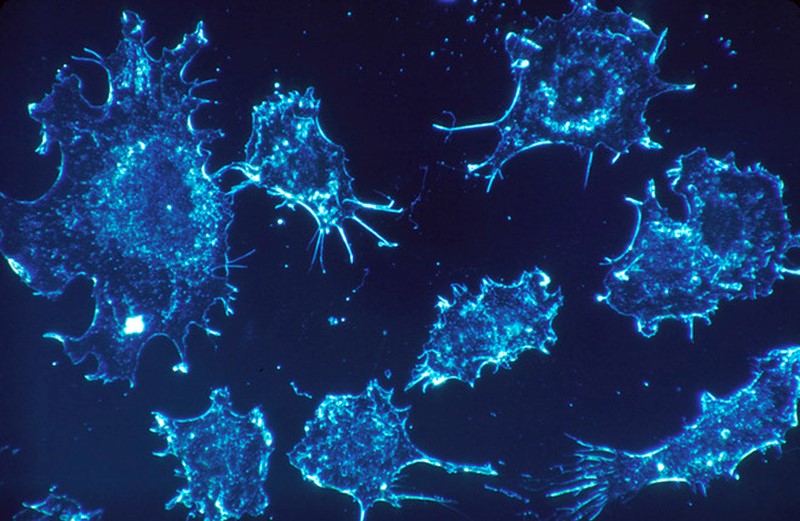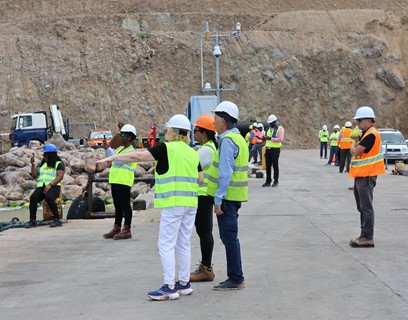
The World Health Organisation has called for "drastic action" to fight the deadliest Ebola outbreak on record, as it announced an 11-nation meeting to address the growing crisis.
As of Sunday, 635 cases of haemorrhagic fever – most confirmed to be Ebola – including 399 deaths have been reported across Guinea, Liberia and Sierra Leone, making the outbreak the largest ever "in terms of the number of cases and deaths as well as geographical spread," the WHO said.
It said drastic action was needed, warning of the danger that the virus could jump to other countries. This week the medical charity Doctors Without Borders (MSF) said the outbreak of the virus, which is deadly in up to 90% of cases, was "out of control".
Since west Africa's first-ever epidemic of the deadly haemorrhagic fever emerged in Guinea in March, the WHO has sent in more than 150 experts to help tackle the crisis. Despite the efforts of the WHO and others, there has been a "significant increase" in the number of cases and deaths reported each day for the past three weeks, it said.
The UN agency was now "gravely concerned [by] the ongoing cross-border transmission into neighbouring countries as well as the potential for further international spread," said the WHO's regional director for Africa, Dr Luis Sambo.
"This is no longer a country specific outbreak but a sub-regional crisis that requires firm action by governments and partners," Sambo said.
The WHO's top Ebola specialist Pierre Formenty said last week that the recent surge in cases had come in part because efforts to contain the virus had been relaxed too quickly after the outbreak appeared to slow down in April. "One case can restart an entire epidemic," he said.
To address the growing crisis, the WHO said it would convene a meeting of the health ministers from 11 countries in Accra, Ghana on 2-3 July "to discuss the best way of tackling the crisis collectively as well as develop a comprehensive inter-country operational response plan".
Ministers from Guinea – where nearly 400 confirmed, suspected and probable cases have surfaced so far, including 280 deaths – and Liberia, which counts 63 cases and 41 deaths, will take part in the meeting. Sierra Leone, which has seen 46 confirmed Ebola deaths, will also be there.
In addition, the neighbouring countries of Ivory Coast, Mali, Senegal, Guinea Bissau and Gambia, along with Ghana and countries as far afield as Uganda and the Democratic Republic of Congo, where Ebola was first detected nearly 40 years ago, have also been invited, the WHO said.
A range of UN agencies and other aid organisations including MSF and the Red Cross, as well as the western African, US, British and EU centres for disease control have been invited, the WHO said.
Ebola is a tropical virus that can fell its victims within days, causing severe fever and muscle pain, weakness, vomiting and diarrhoea – in some cases shutting down organs and causing unstoppable bleeding. It spreads through bodily fluids including sweat, and no medicine or vaccine for it exists.


